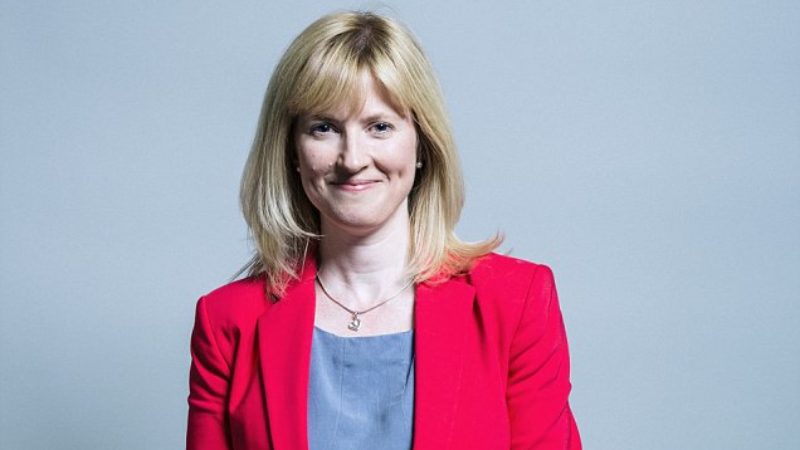
We are in full campaign mode. Local elections across much of the country are just a week away, and in a month from now, with Brexit pushed back until October, we will be electing our representatives to the European parliament.
The Labour Party has already announced its regional lists of MEP candidates. What we are yet to find out is the content of the manifesto our party will put forward. Next Tuesday, on April 30th, Labour’s national executive committee will meet to decide the type of campaign we will run. A key question, of course, will be how to approach the issue of Brexit.
Since the 2017 general election, Labour’s national message has rightly been about bringing the country back together by rebuilding it: by ending devastating Tory austerity, combating inequality and investing in our communities. In 2017, we promised to secure a good deal with Europe that could unite Remain and Leave voters, and allow us to focus on our main goal – building an economy that works for the many.
However, it is now clear that no such deal is possible. A Brexit deal that satisfies Labour’s key tests cannot pass through parliament, and would satisfy neither Leavers nor Remainers. What’s more, the way Labour successfully dealt with Brexit at the 2017 election no longer works. The battle lines are now much, much sharper.
In this election more than ever, the question of Britain’s future relationship with the EU will be at the forefront of public debate. Opinion polls are clear that only one of two parties can win – Labour or Nigel Farage’s new, insurgent ‘Brexit Party’. With many thousands of volunteers and our radical message of hope, we should be heading towards a spectacular victory. Yet just as Farage’s grouping is wiping out the Tories, various anti-Brexit parties are competing for Labour’s overwhelmingly pro-Remain voter base. Meanwhile, Labour’s halfway house messaging is struggling to gain traction.
We cannot defeat the divisive message of the hard Brexiteers by triangulating, offering an unpopular form of soft Brexit and alienating our own grassroots activists, the very people who win elections for us with their campaigning. We can only bring the country together around our values by being honest with people – honest about the implications of Brexit on jobs, the prosperity and rights of working people, the environment, and standards.
We must be honest too about the fact that Brexit doesn’t “end” when we get a deal through, but will continue to absorb political energy for many years to come as we negotiate new relationships in the world. That is energy that all Labour people would surely rather spend tackling homelessness, driving a green new deal, and rebalancing our economy in favour of working people.
The European elections offer Jeremy Corbyn an opportunity to win a national election for the first time, providing a boost for the left not only in Britain but across Europe. But we can only win the elections by providing a clear alternative to Farage and the nationalist far-right. Without a Labour victory here, control of the European Commission would likely stay with the centre-right European People’s Party group. That means another five years of status quo economics and politics in Europe at a time when social democratic and socialist solutions are needed to tackle the seismic issues we face across borders – economic inequality, the rise of nationalism, and devastating climate change.
Over the next month, we must fight not just to stay in Europe, but for a Europe worth staying in. That fight begins now – and Labour in all its diversity must boldly rise to the challenge.




More from LabourList
‘Council Tax shouldn’t punish those who have the least or those we owe the most’
Two-thirds of Labour members say government has made too many policy U-turns, poll reveals
‘Two states, one future: five steps on the path to peace for Israelis and Palestinians’